Table of contents
General considerations about what anxiety is

Most likely you have heard of anxiety and maybe you are even suffering from it. After all, anxiety is known as the "disease of the century" and affects millions of people around the world.
According to WHO, Brazil is the country that has the most anxious people in the world. The study also revealed that women are usually more affected than men. Another issue that intensified the emergence of cases of anxiety was the pandemic, where everything became unstable and even scary.
Although anxiety is considered a normal reaction of our body, in excess it can harm social relationships, professional and physical and mental well-being of the person. Therefore, to better understand what is anxiety and how to deal with it, continue reading the article!
Anxiety, how to control it and when it becomes a problem

The symptoms of anxiety arise at various times in life. In some cases it points to a big moment that is about to happen, like a graduation, job interview, or even your wedding day.
However, many people suffer from anxiety in a pathological way, and knowing how to recognize these cases is fundamental to facilitate the adequate treatment. Read and understand more!
What is anxiety
Anxiety is a normal reaction of the body to moments that demand attention or that represent some challenge. The body adapts the heartbeat and everything else to face that situation. Therefore, fear, anguish and uncertainty prevail, you do not know what is coming.
It's normal to feel this way at some stressful times like before an important presentation, job interview, or even before an event that means a lot to you, like a graduation or wedding.
However, in some cases, anxiety occurs for no apparent reason, or at an unusual frequency. In such cases, this state of insecurity is perpetuated and the person feels paralyzed, restless, and uncomfortable.
These sensations disrupt a person's life in all spheres, whether in relationships, at work, and even their relationship with themselves. Thus, it is important to be aware of yourself to identify when anxiety has become a problem.
How to control anxiety
There are several ways to control anxiety, but they are all based on identifying which triggers lead to the anxious state. This is why psychotherapy is so important, because with the help of a professional the patient will identify which situations, people or actions make her anxious.
From this, strategies will be created to avoid or deal with these situations. This includes introducing healthy habits such as physical activity practice, healthy eating, self-care, as well as removing toxic habits such as the use of caffeine, cigarettes, alcohol, and even toxic relationships.
How does an anxious person feel
The form that anxiety presents itself is individual and varies in each person. However, in general, anxiety brings to the individual a sense of urgency in relation to something, which may even be unknown by the person.
In addition, feelings such as worry, sadness, insecurity and vulnerability are also common. It is a general feeling that something bad will happen, but you don't know when or what. Situations that were once commonplace become frightening and the tendency is for the person to isolate themselves to avoid these feelings.
When anxiety becomes a problem
Anxiety becomes a problem when it starts to occur without justification. You need to assess whether the person stops performing ordinary tasks for fear of anxiety, has disproportionate reactions, develops phobias or OCD.
It is often difficult to realize alone that this process is occurring, especially in the midst of an anxiety crisis. In this sense, the help of family, friends and partners is essential to help the person to identify and seek an appropriate treatment.
Symptoms and signs of anxiety
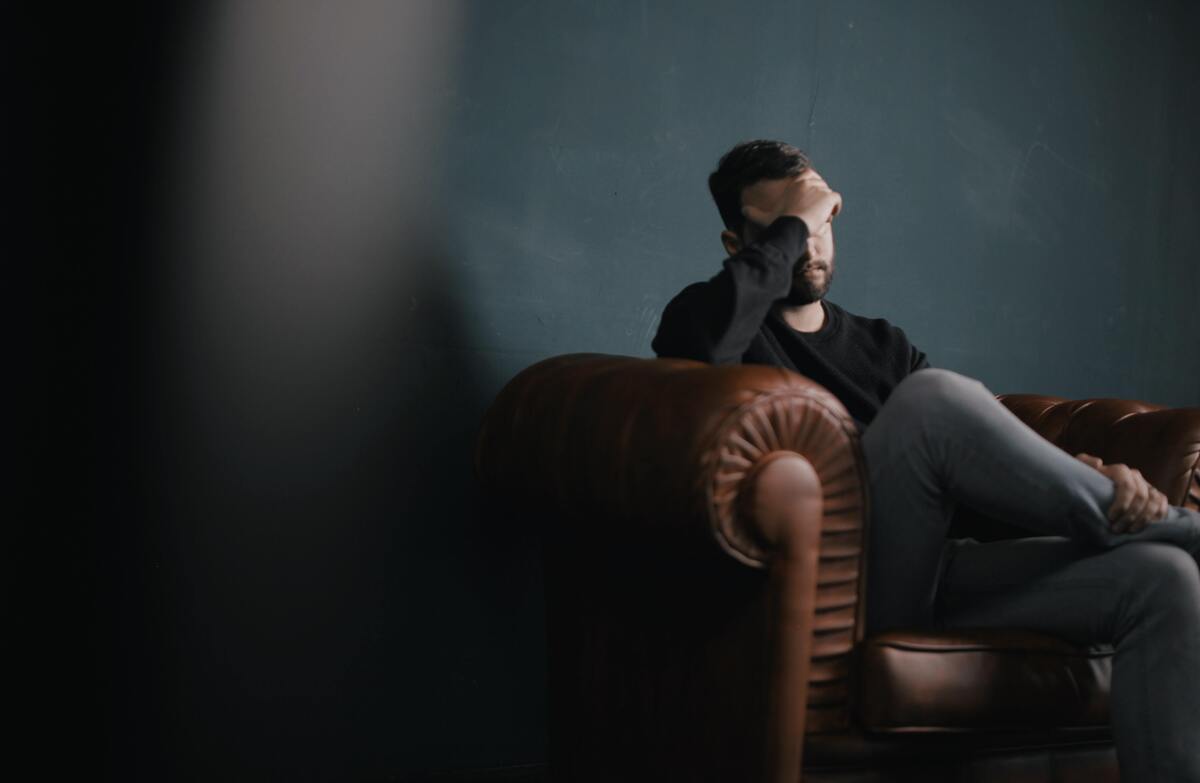
The symptoms of anxiety go beyond the emotional and mental and often reach the physical of the person. To know if you are anxious, it is essential to know the signals that your body gives.
This is the only way you can control anxiety and find strategies to deal with it. In this section we will explain the main symptoms of anxiety. Check it out!
Food compulsion
The anxious person seeks ways to diminish negative feelings and have some comfort. Many of them end up using food as an escape valve, developing binge eating and even other related disorders.
In general, the food chosen for moments of anxiety are sweet or fatty foods, precisely because of the sensations that they trigger in the body. Therefore, it is essential to treat anxiety so that binge eating does not bring other problems, such as obesity and digestive diseases.
Panic and irrational fears
There is no direct correlation between panic syndrome and anxiety. What happens is that it is common for anxious people to feel panic, causing them to be afraid of certain situations. Above all, the fear of recurrence. For, panic syndrome not only paralyzes the person, but its physical symptoms frighten them deeply.
Excessive worry
One of the symptoms of anxiety is excessive worry. For anxious people the smallest problems can take on greater proportions than they actually present themselves. This feeling often paralyzes these people and begins to cause constant suffering, because they will always be worried.
This excessive worry often leads to chronic fatigue, which interferes with their daily lives because they are unable to cope with the simplest tasks!
Constant restlessness
Anxiety is also capable of generating a constant restlessness, generating several difficulties such as lack of concentration, fatigue and insomnia. In general, the consequences of this restlessness generates an intense anguish in the person, making them desperate for not being able to relax.
Factors such as restlessness generate other major problems in people with anxiety, the lack of concentration hinders them because they can not focus on a task. Besides the constant discomfort for not finding something to distract them from this feeling, considerably affecting the quality of life of the person and those around.
Fear of public speaking
If you are that kind of person that just thinking about public speaking already starts to sweat, have tachycardia and feel short of breath. This is proof that you have a fear of public speaking, this fear may be related to fear of judgment.
Fear of public speaking can also cause them to experience a sudden loss of consciousness, such as fainting!
Digestive problems
Of the physical problems already mentioned, the stomach is one of the most affected by those who suffer from anxiety disorder. The nervous system can be affected by anxiety, generating a dysregulation in the digestive system. Its functions soon become altered causing problems such as poor digestion, heartburn, constipation and even ulcers and gastritis.
Sleep alterations
There are some specific symptoms of anxiety that directly affect sleep. Problems such as restlessness and excessive worry can even lead to episodes of insomnia. Because, many times, your mind can't disconnect from the problem, which makes your nights more difficult because you can't deal with this restlessness.
There are some cases of people who even dream about work and upon awakening feel exhausted because they believe they were following a daily work routine.
Physical symptoms
There are cases of anxiety capable of triggering very striking physical symptoms. Generally, these symptoms are not diagnosed in tests, but when manifested they influence negatively on your health.
Here are some examples of these physical symptoms:
- Tremor;
- Tachycardia;
- Shortness of breath;
- Fatigue;
- Sweating;
- Digestive problems;
- Psoriasis.
Therefore, if you notice the occurrence of these symptoms and cannot identify their origin, seek professional help to assess whether it is a psychological or physiological problem.
Types of anxiety
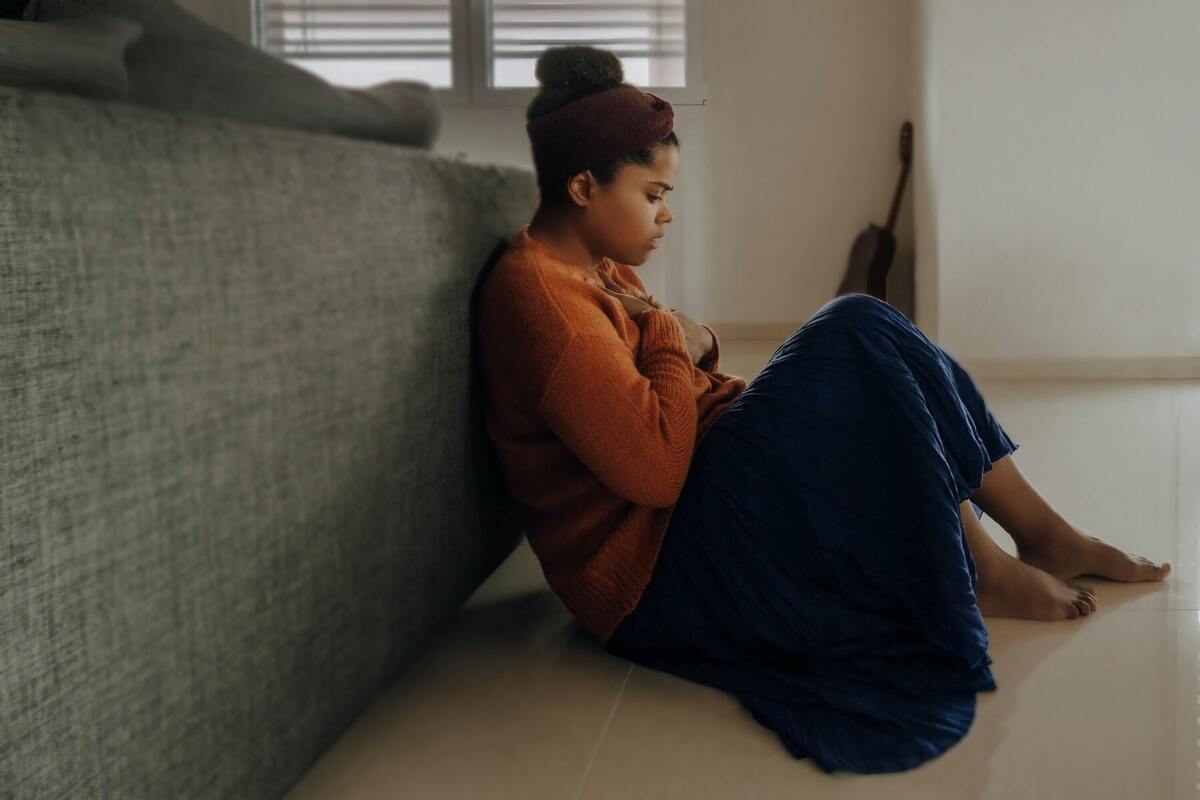
When anxiety becomes harmful, it can be externalized in several ways and through various anxiety disorders. Each one has its own characteristics, causes and specific treatments. In this case, a professional diagnosis is essential for the treatment to be done properly.
Keep reading below to learn a little more about the types of anxiety and their symptoms!
Generalized anxiety disorder
Also known as GAD, generalized anxiety disorder is a very common manifestation in anxious people. It consists of a state of excessive worry depending on the situations and their emotional state.
The main symptom that presents itself in these people is a constant presence of feelings of worry, which makes these people tense frequently. Other symptoms associated with TAG are difficulty concentrating, irritability, insomnia and restlessness.
Panic syndrome
The characteristics most present in people with panic syndrome are panic attack outbreaks. In this period people feel intense anxiety generating physical symptoms such as tachycardia, tremors, difficulty breathing, dizziness, headaches, nausea and chills.
It is believed that these attacks are commonly associated with a sense of imminent danger, the fear of death or the feeling of being daydreaming. And to deal with these situations you will need to either avoid these triggers, or work on your mind in order to understand what is happening to yourself.
Post-traumatic stress
Post-traumatic stress disorder happens when a person experiences, or witnesses, traumatic experiences. These experiences when remembered awaken in the individual the same sensations of pain and suffering caused by the episode they experienced previously.
This is the type of disorder that gradually decreases with time, it is normal to have a reduction in the first month after the events. However, there are cases of post-traumatic stress capable of generating nightmares and "flashes" of memory awakening reactions such as irritability, escape or panic attacks.
Simple phobia
Simple phobia is the persistent and often irrational fear of a particular object, situation or activity that poses almost no danger. The most prominent simple phobias are fear of enclosed places, spiders, heights, blood, among others.
The symptoms will vary according to the phobia, however, people suffering from simple phobia usually have a panic attack, the need to flee, as well as avoiding as much as possible the encounter with this "danger". Other physical reactions are also possible such as sweating, difficulty breathing and tachycardia.
Social phobia
Meanwhile, social anxiety disorder, also known as social phobia, consists of an intense nervousness or fear of social interactions. This leads many people to distance themselves from any situation that requires closer social contact, compromising their routine and the performance of their day-to-day activities.
Social phobia is usually caused in events where it is necessary to interact with strangers. The main symptoms presented by this disorder is associated with the concern of going through embarrassing and humiliating moments in a public environment. Besides physical symptoms such as facial blushing, sweating, tremors and difficulties when speaking.
Obsessive Compulsive Disorder (OCD)
The obsessive-compulsive disorder, better known as OCD, is related to compulsions and obsessions that are constant and uncontrollable. The obsessed person, for example, is always trying to deal with thoughts, or images, that spread in his consciousness motivating to practice some irrational act.
While compulsions can be recognized as manias, or excessive repetitive acts, which emerge in people in such a way that they feel distressed if they cannot perform them. This behavior is generated in order to relieve a mental discomfort such as anxiety and depression.
People who have this kind of disorder believe that if they don't act in a way to satisfy their compulsion, something terrible can happen to them. However, these obsessive thoughts can worsen depending on the number of occurrences and become an obstacle to the routine of these people.
Attitudes and behaviors that trigger anxiety
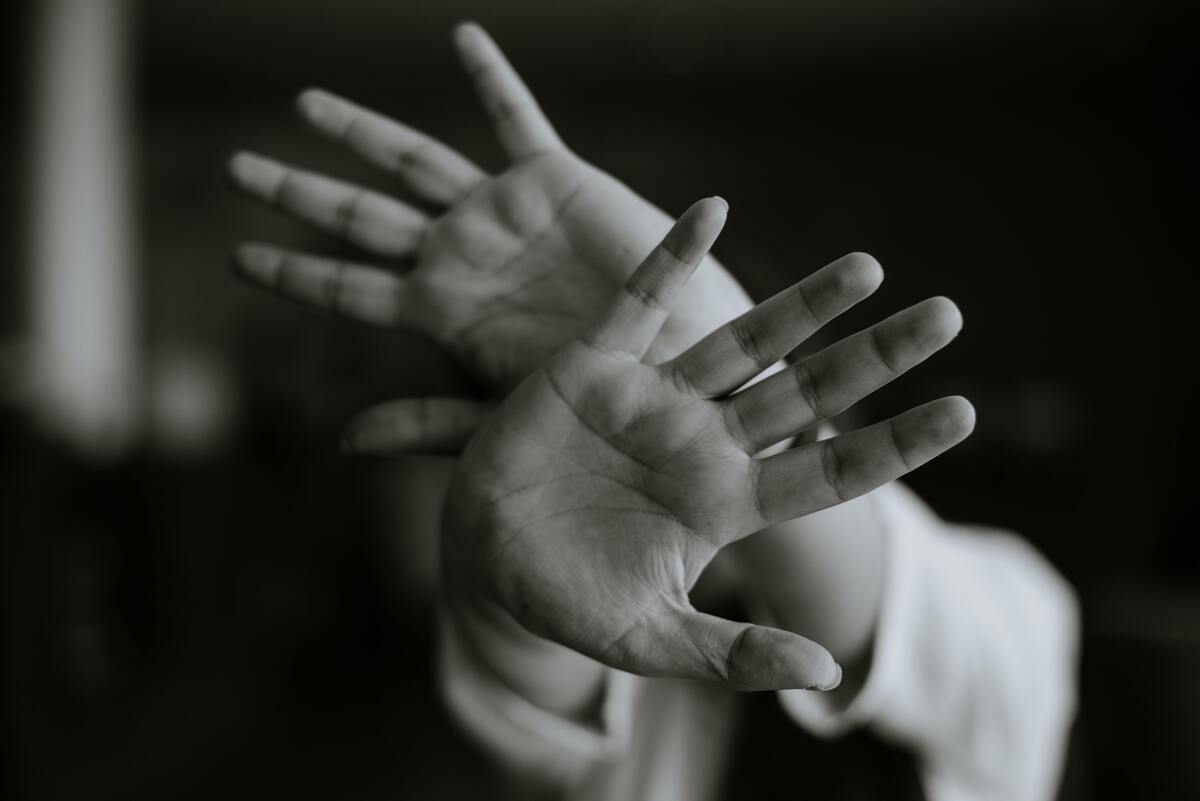
As you may have noticed, there are situations and conditions that usually cause or worsen anxiety. For those who suffer from this disease, it is essential to recognize these triggers to avoid them. Know now 8 habits that can make you anxious!
Drinking coffee throughout the day
Due to the stimulant properties of coffee it ends up becoming a great enemy for those people who suffer from anxiety. Because, caffeine works as a metabolic accelerator capable of putting your body in a state of alert, generating symptoms such as tachycardia and restlessness that stimulates anxiety.
Consuming foods with refined sugars
Refined sugar is able to influence your mood, generate fatigue and even influence your metabolic activity. These reactions can trigger a series of stimuli that awaken anxiety, besides generating more serious problems like cancer itself!
Excessive worries
Excessive worry is one of the main causes of anxiety. Usually, this emotional state is caused by the expectations that we create in our daily lives. Soon, we only observe the final result and get upset with the problems that arise during the processes.
A poorly planned routine can generate excessive worry and we are often the ones most responsible for it. In other words, you may be causing your own discomfort and creating situations that make you worry and anxious.
A sedentary life
If you are spending too many hours of your day sitting still, not moving your body or working in front of a computer, then you may be exhausting your mind and causing anxiety.
The practice of physical exercise is essential for the human body, through it you stimulate your body and releases endorphin, being better known as the hormone of happiness. And you don't need much to feel the difference, you just need to dedicate 30 minutes of your day to physical activity.
Negative thoughts
Positive thinking makes us optimistic despite our difficulties, allowing us to cultivate hope and seek solutions to our problems. Thinking is directly related to emotions and, consequently, directly influences anxiety.
Therefore, whenever possible, bring back happy memories in your life, mentalize these feelings and be thankful for everything you have lived. Love and gratitude will be fundamental for you to feel good and have a more balanced life.
Consumption of saturated fats
Saturated fats have a very similar reaction to refined sugar. It is through the ingestion of fatty foods that free radicals are released in the body that stimulate the release of cortisol, a hormone that is directly linked to stress and anxiety.
Therefore, avoiding the consumption of super saturated foods, such as animal fats, through a balanced diet will help you not only in the physiological aspect, but also in your psychic problems. Remember, that to keep your mind healthy, your body also needs to be healthy.
Seeking this balance is your choice, if you want to live with a good quality of life you must take care of your body. Only then you will be able to achieve a physical and mental well-being!
Consumption of alcoholic beverages
Alcoholic beverages cause several stimuli to the body that are quite aggressive to its psychic and physical functioning. Its effects range from tachycardia due to the release of adrenaline, to problems such as reduced concentration and judgment ability.
These symptoms awaken the state of anxiety and are able to lead people to suffer anguish and lethargy that can even trigger depression. Therefore, it is important to have control over your consumption, if possible even avoid it so that it does not negatively influence your treatment against anxiety.
Leaving mental health aside
Mental health is one of the pillars to be supported when fighting anxiety. If you are too focused on a work routine, sloppy about drug use, don't exercise and don't eat a healthy diet. For sure you are neglecting your mental health.
Therefore, if you want to have better results in your treatment against anxiety, it is important to take care of your body and mind by adding healthy habits to your routine. This way, you will be able to find balance and achieve well-being in your life.
Strategies for anxiety control
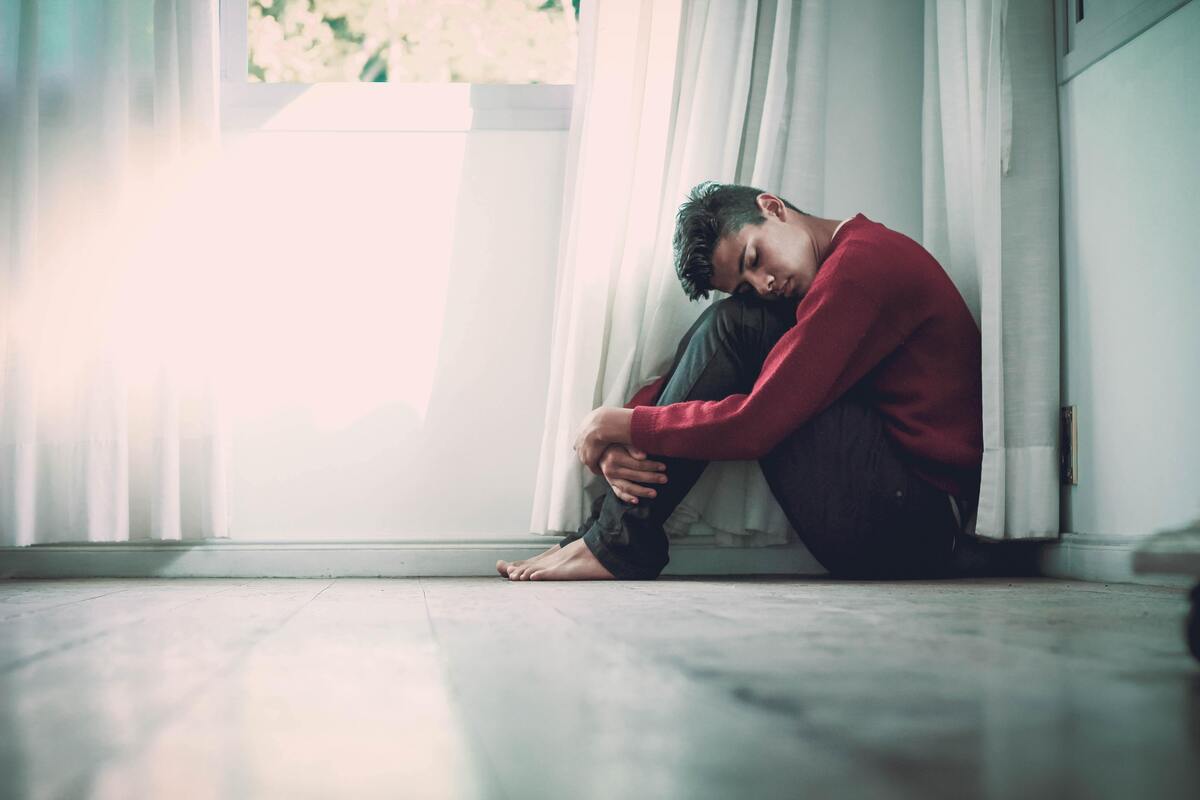
For those who suffer from anxiety disorders control it is one of the goals of life. After all, she is present at various times and can harm the social life, professional and mental person. But know that there are several strategies that help control anxiety and make life lighter. Now know some!
Psychotherapy sessions
Psychotherapy becomes an effective strategy for those who need professional help in treating anxiety. Through psychotherapy sessions you will be able to carry out a collaborative treatment that is based strictly on your relationship with the psychologist.
The psychologist will be responsible for mediating a dialogue with you so that you can communicate openly. The psychologist's role in this conversational environment is to be impartial and objective in order to lead the conversation to the root of your problem.
Soon, you will be working together to identify the patterns of behavior that serve as triggers for your anxiety. Through self-awareness you will be able to have greater resilience and be able to consciously prevent your bouts of anxiety.
The practice of physical activities
The practice of physical activity is a strong ally for those who suffer from anxiety. Because it is through movement that you will be able to regulate your hormonal activity and strengthen your body. Helping you to prevent various diseases such as obesity, cardiac arrhythmia and high blood pressure.
For you to be able to maintain a constant practice it will be essential to set aside some time in your schedule, by creating a daily habit of 30 minutes of physical activity per day you will feel the difference in a few days.
By engaging in frequent physical activity, you will see short and long-term results, as well as reducing the symptoms of anxiety and in turn fighting your anxiety attacks. Whether it's a walk, a run or any other activity that interests you, the important thing is to get your body moving.
Meditation
Meditation is a practice that influences your brain activity, among them the left prefrontal cortex region. This is the region responsible for generating a feeling of happiness. Besides stimulating other skills such as focus and concentration, allowing the development of full attention and helping you identify moments of crisis.
It doesn't take much to achieve these benefits. Through the practice of Mindfulness, for example, which is accessible to everyone, you can do guided breathing exercises for just 5 minutes of your day. And just after 3 months of practice you will feel the results.
Music
There is a type of therapy performed with music known as music therapy. Research has been done with a music therapy treatment in which showed an improvement in communicative processes. In addition, listening to music can activate regions of the brain such as the hippocampus responsible for memory.
This type of therapy that unites musical art and health, takes advantage of these musical properties as a way to achieve relaxation, extroversion and freedom of expression itself as a means of treating the negative feelings that generate anxiety.
Healthy relationships
It is known that a healthy coexistence is not one of the easiest tasks to preserve between people. However, when there is affection, love and understanding it becomes much easier to feel empathy for others. This helps us to understand our own actions and to deal with the attitudes of others.
A healthy relationship is based on respect, trust and complicity between both parties. This generates autonomy and freedom in interactions between individuals and sustains harmony, thus promoting well-being and stimulating positive emotions.
Why is breathing such an important ally for anxiety?
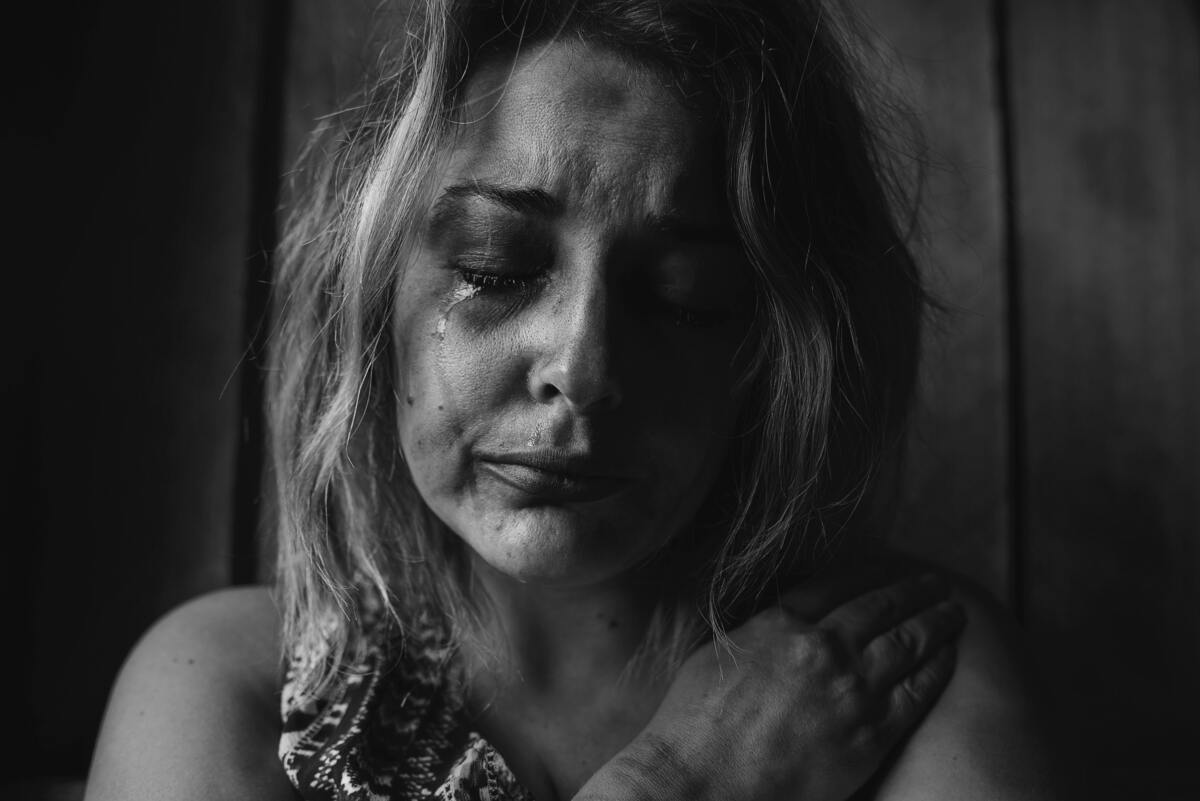
Breathing is life, that we all know. What many don't know is that correct breathing not only prevents anxiety, but also helps to control it. Breathing helps to regulate the heartbeat, calms the mind and allows you to think more clearly.
Correct breathing is when you fill your lungs completely, so when you are anxious, try not to breathe quickly, but calmly. Try to inhale air through your nose for 4 seconds, hold the air for 2 seconds and then calmly exhale through your mouth.
Feeling a lot better? With quiet, rhythmic breathing, coupled with the healthy habits brought up throughout the article, you will feel more confident in dealing with anxiety.

